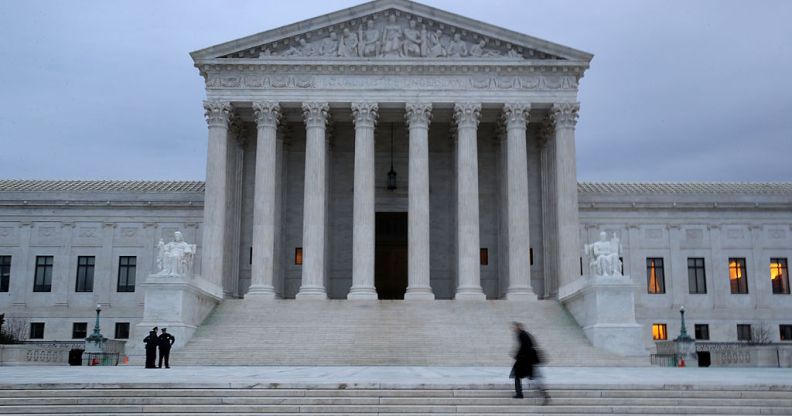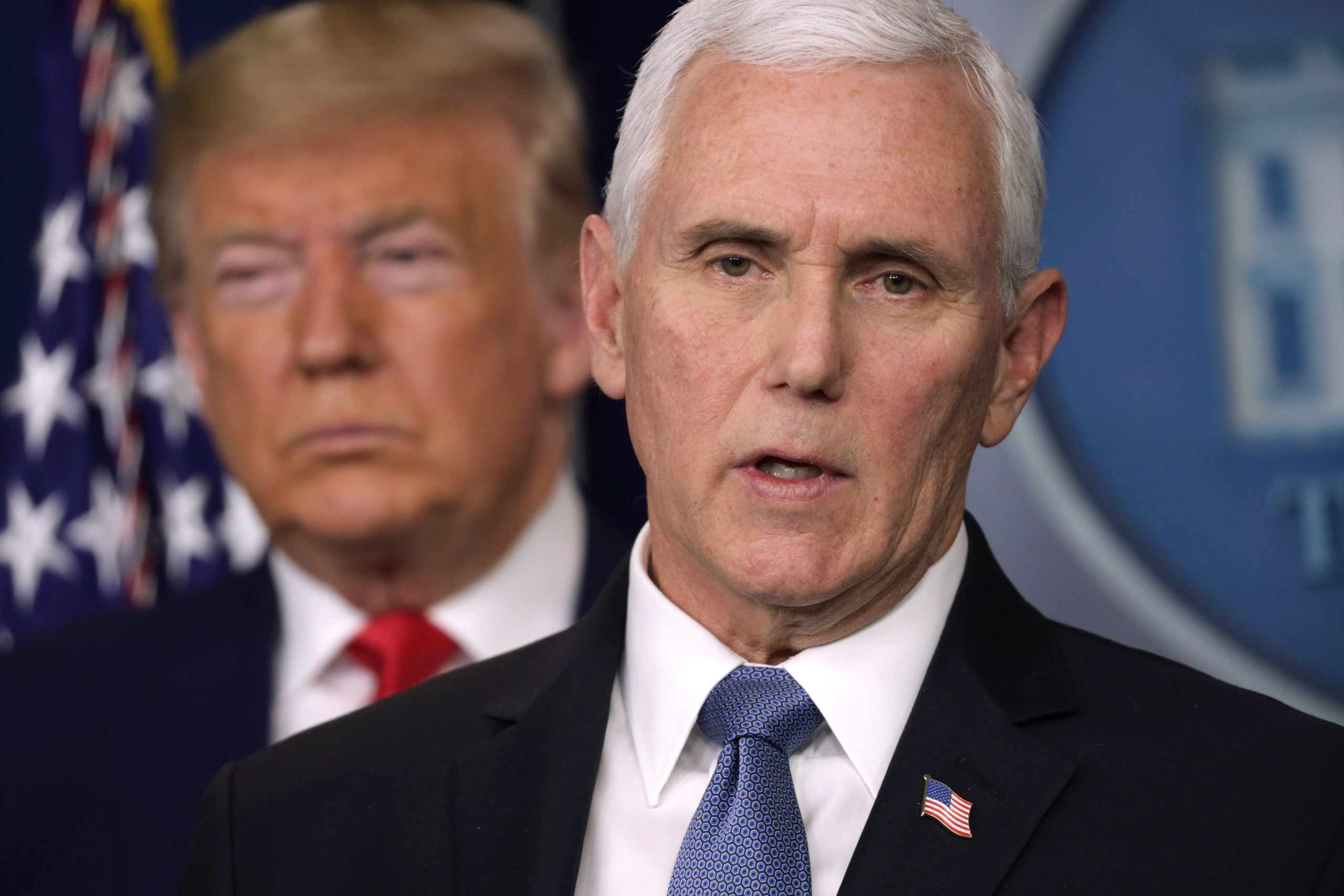The US Supreme Court will hear yet another landmark LGBT+ rights case just one day after the presidential election

The Supreme Court will decide the case (Mark Wilson/Getty Images)
The Supreme Court will decide the case (Mark Wilson/Getty Images)
The US Supreme Court has set a November date for arguments in a case that will decide whether taxpayer-funded foster care agencies should be permitted to discriminate against same-sex couples.
On 4 November, just one day after the US election, the court is set to hear arguments surrounding Catholic Social Services (CSS), a Philadelphia-based adoption and foster care agency that insists it should be allowed to turn away same-sex couples and still receive taxpayer funding.
The case has caused jitters among LGBT+ rights advocates, as even recent victories on LGBT+ discrimination protections came with explicit warnings that civil rights laws could be overridden by religious freedom concerns.
Supreme Court to hear Catholic Social Services case in November.
The adoption agency has been embroiled in a long-running legal dispute with the city, which stopped referring children to CSS in 2018 after learning that it enforced a discriminatory policy banning foster placements with same-sex couples.
Catholic Social Services argued that the city’s discriminatory infringed upon its First Amendment right to religious freedom – and its case was taken up by the highest court in the land after defeats in lower courts.
In the case, officially titled Fulton v. City of Philadelphia, the court will consider whether government services can require taxpayer-funded agencies to act in a way deemed to “directly contradict the agency’s religious beliefs”.
The case could have broader ramifications than simply for adoption and foster care agencies, if a precedent is established that religious freedom overrides discrimination protections in law.
Trump administration has already weighed in – no prizes for guessing which side they’re on.
The Trump administration has already leaped at the chance to side with CSS in the case, filing a brief arguing the agency cannot face punishment “because it adheres to the belief that marriage is the union of a man and a woman”.

The Trump administration has intervened in the Supreme Court case. (Alex Wong/Getty)
The unprompted Department of Justice intervention in the case claims that the city’s actions “reflect unconstitutional hostility toward Catholic Social Services’ religious beliefs” – coming off the back of the DoJ’s previous Supreme Court defence of employers who discriminated against LGBT+ workers.
Meanwhile, the city has made clear: “The constitution does not entitle CSS to perform those services on the city’s behalf, with city funds, pursuant to a city contract, in a manner that the city has determined would be harmful to its residents and the thousands of children it has a duty to protect.”
Leslie Cooper of the ACLU’s LGBT and HIV Project said previously: “Many children live in group homes, are separated from siblings, or age out of foster care without ever becoming part of a family because of the shortage of foster and adoptive families to care for them.
“Prospective foster and adoptive parents should be judged by their capacity to provide love and support to a child, not the religious views of a tax-funded agency.
“Religious liberty is one of our most fundamental freedoms, and it protects all of us from government interference in whether, when, and how we practice our faith. It does not entitle taxpayer-funded child welfare agencies to impose their own religious eligibility criteria on important government programs.
“The city of Philadelphia recognises the need to maximise the number of families available for children in foster care and has every right to insist that the agencies it hires accept all qualified families. Nothing in the Constitution puts the religious beliefs of these agencies ahead of the needs of the children in their care.”

